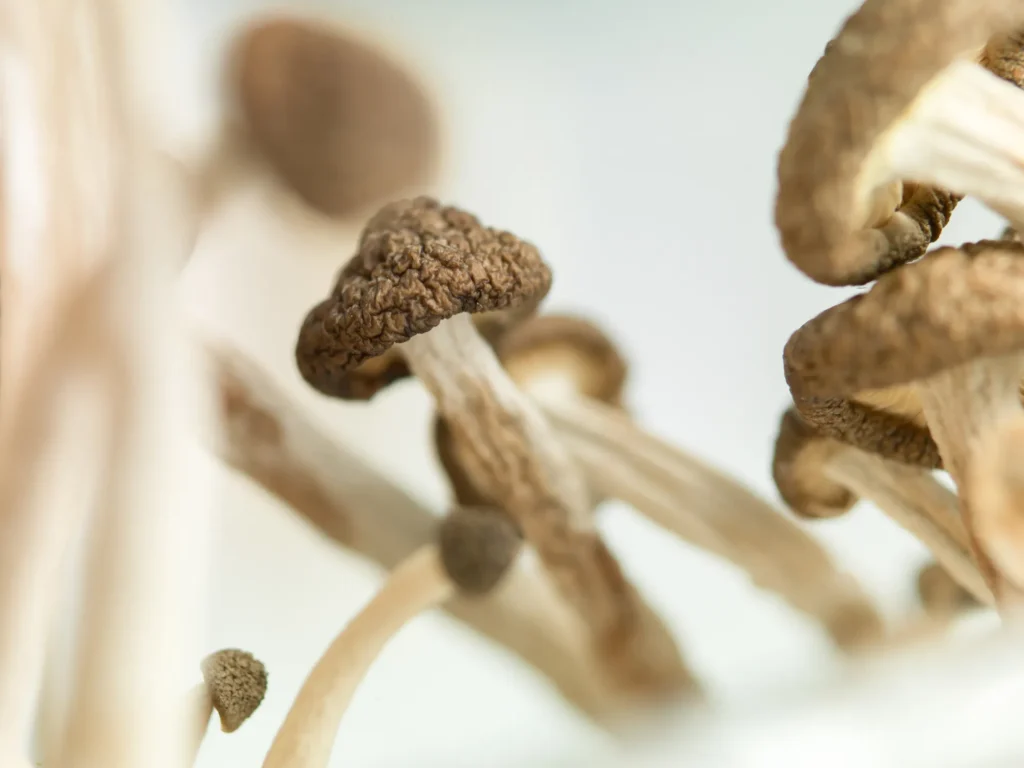A new clinical trial finds that psilocybin could offer a safe and effective way to ease depression, anxiety, and motor symptoms in people with Parkinson’s disease.

A pilot study conducted by researchers at the University of California is the first to examine psilocybin’s effects in individuals with a neurodegenerative disorder. Published in the journal Neuropsychopharmacology, the open-label trial involved 12 participants with mild to moderate Parkinson’s disease and symptoms of depression or anxiety.
Each participant received two doses of psilocybin—first a 10 mg dose followed by a 25 mg dose—combined with psychotherapy. No serious adverse events were reported, and the drug did not worsen Parkinson’s symptoms or induce psychosis. The most common side effects were temporary anxiety, nausea, and elevated blood pressure.
The results showed significant improvements in both motor and non-motor symptoms of Parkinson’s disease, as measured by the Unified Parkinson’s Disease Rating Scale. Participants also showed enhanced performance on tests of cognitive function, including memory and decision-making.
Mood-related symptoms also improved. Depression and anxiety scores decreased significantly and remained improved up to three months after the final dose, with the average depression score dropping by more than 9 points.
The study’s authors conclude that psilocybin therapy appears safe for this patient population and may offer benefits that justify larger, controlled trials.






